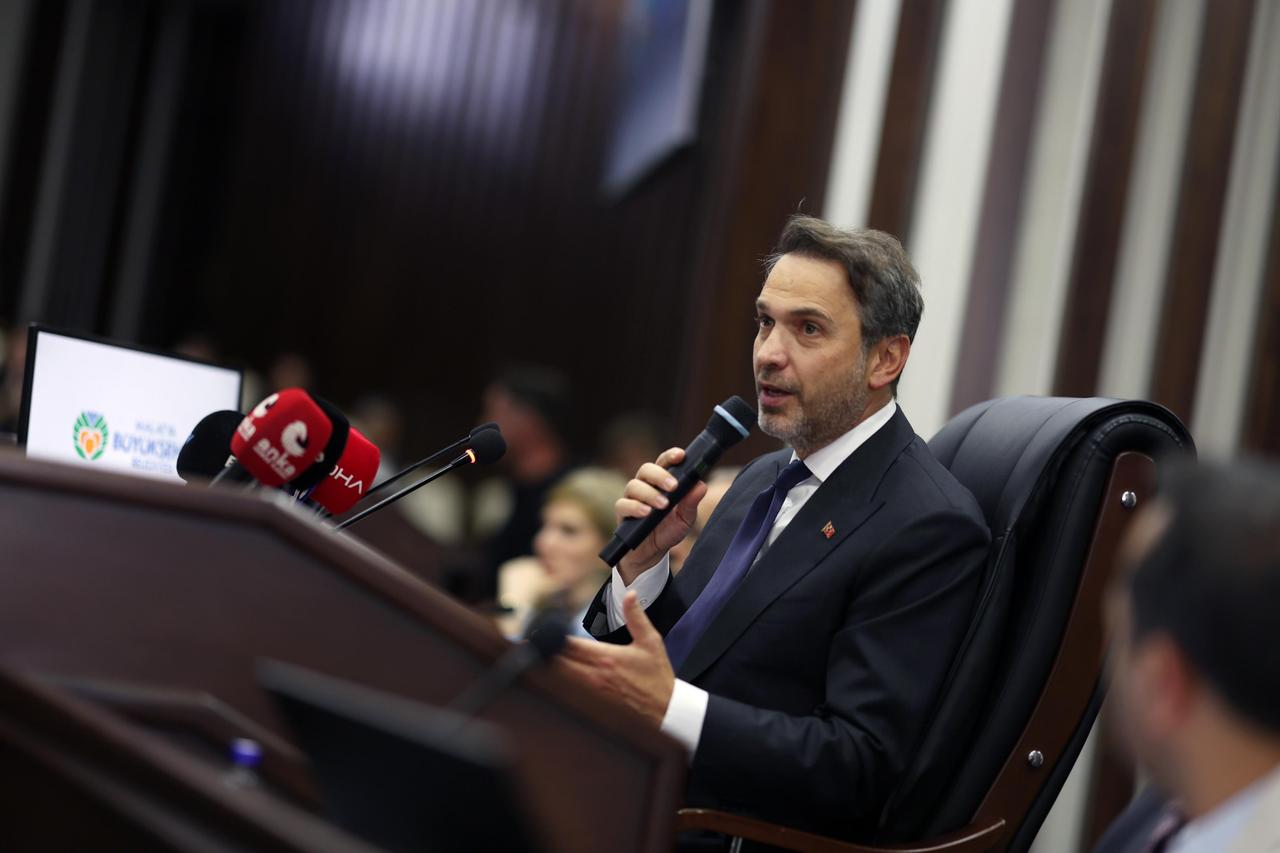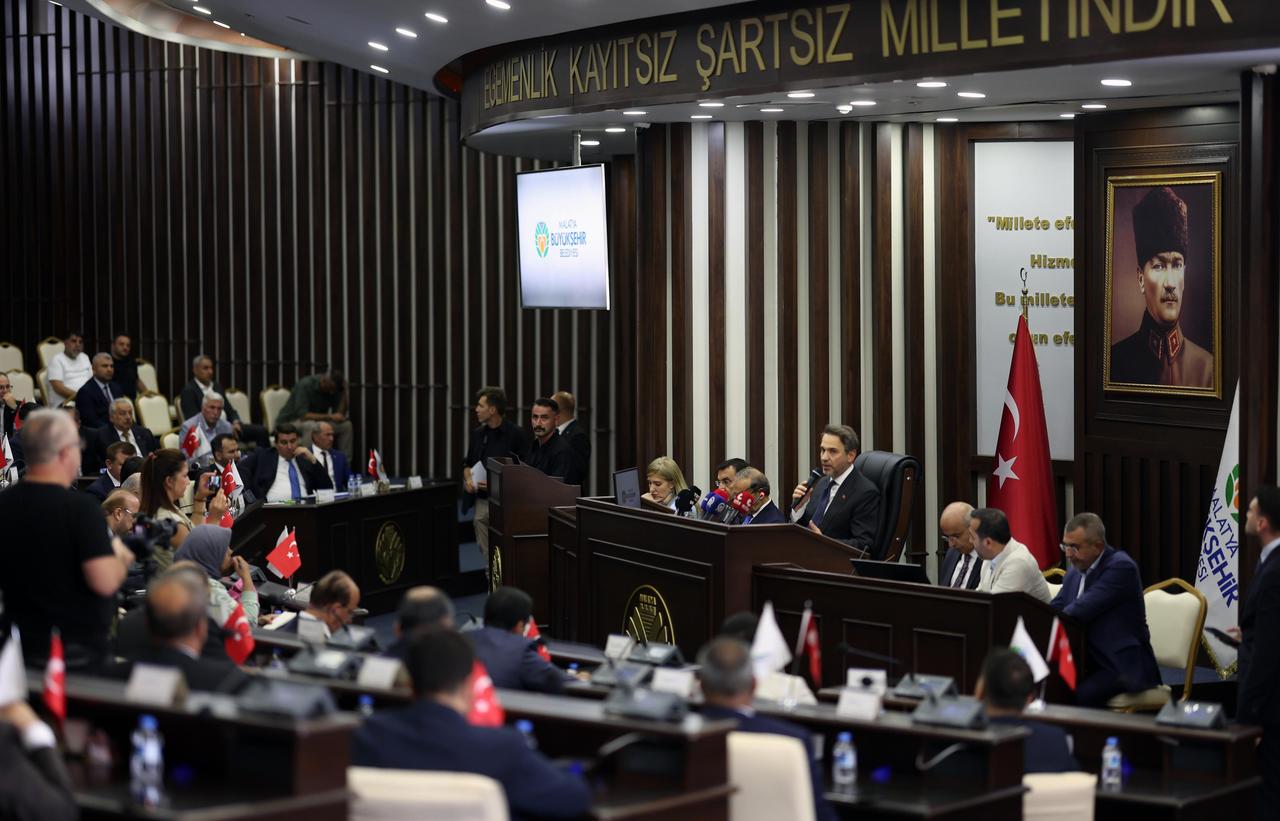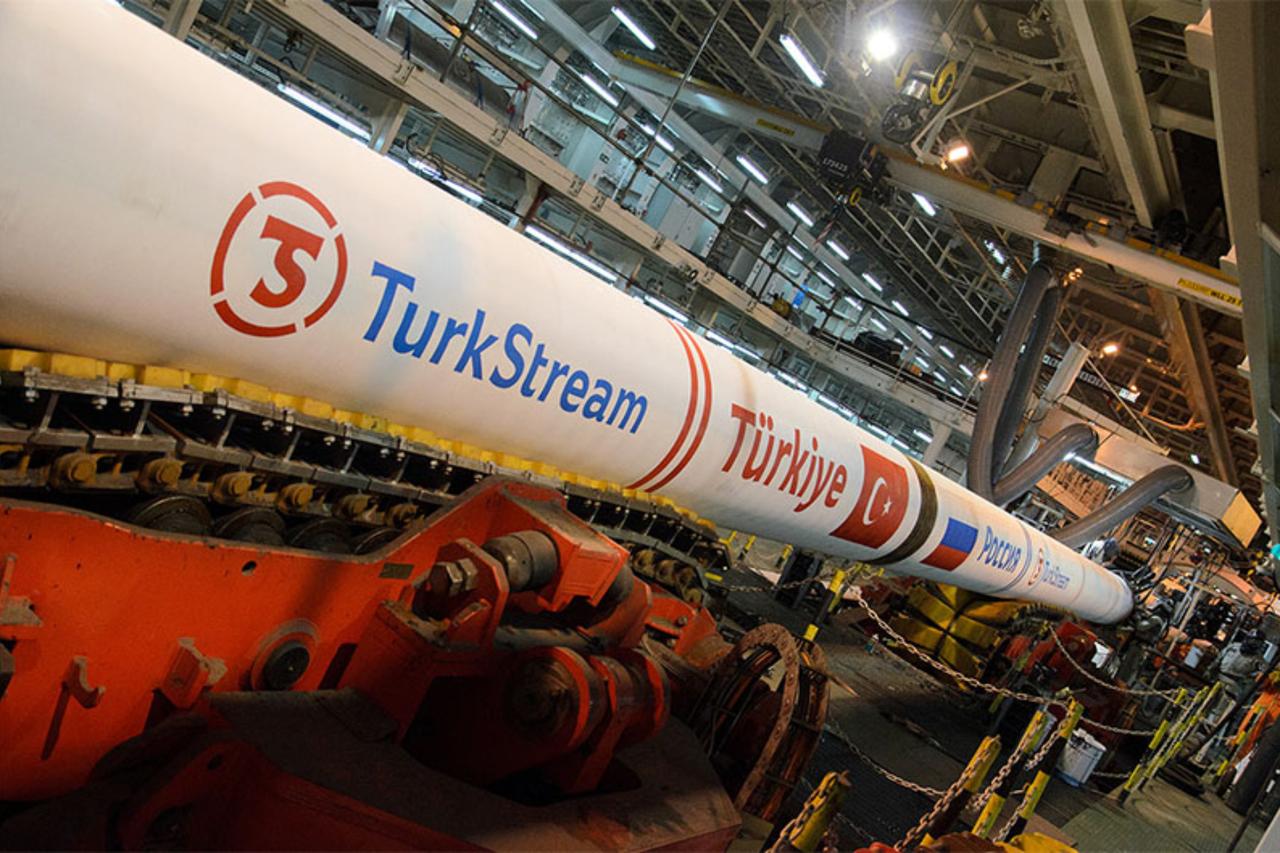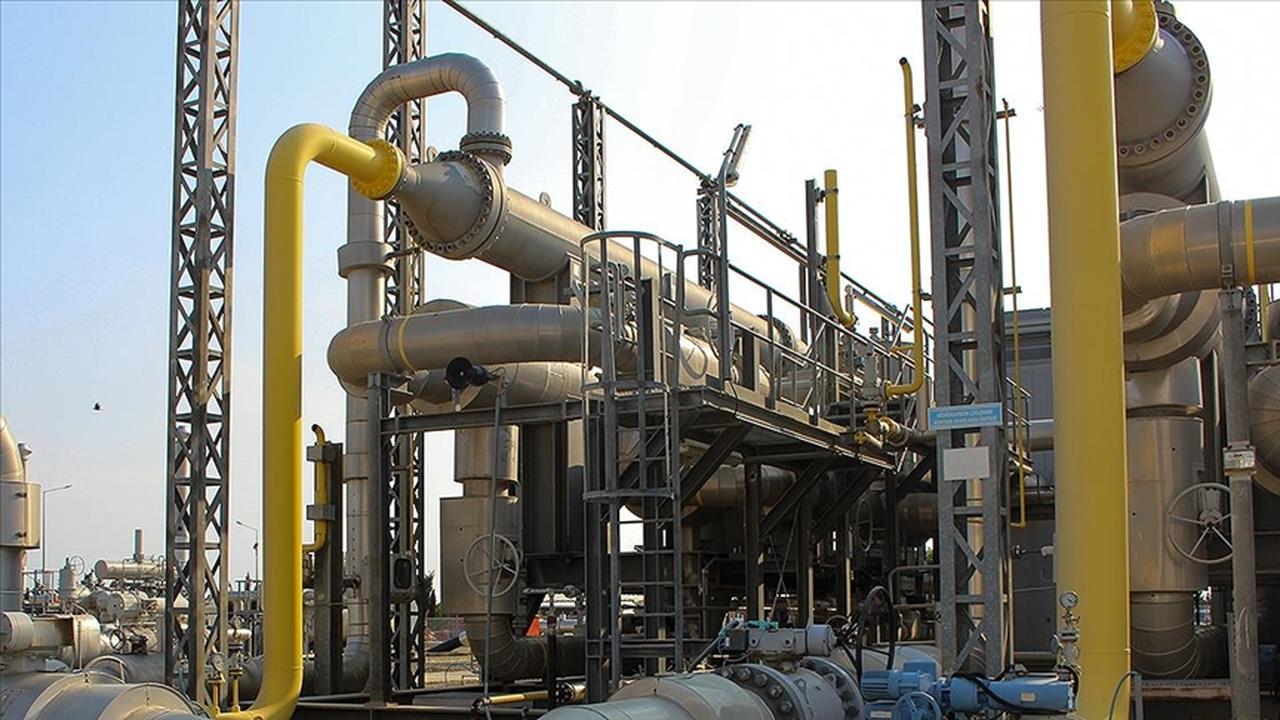
Turkish Energy and Natural Resources Minister Alparslan Bayraktar said the country is poised to expand its influence in European energy security through the Vertical Gas Corridor Project, a new regional gas transmission route aimed at diversifying supply and reducing dependency on Russian energy.
“Türkiye, with its strategic location, robust infrastructure, and diversified gas supply sources, is enhancing its impact in the energy sphere,” Bayraktar stated, speaking at a local government meeting in Malatya on Friday. “Projects like this are set to expand our natural gas trade volume and strengthen our role in energy diplomacy.”

The Vertical Gas Corridor, developed by Central and Eastern European countries, is intended to transport additional volumes of natural gas from southern entry points to northern consumers. The project is part of a broader effort to strengthen energy resilience across the region.
Construction began in late May, and once completed, the corridor will have a total annual capacity of 10 billion cubic meters. Liquefied natural gas (LNG) imported through Greece’s Revithoussa terminal will be routed through Bulgaria to Romania, Hungary, Slovakia, and Moldova. The network is expected to reach Ukraine in the long term.
The corridor’s strategic significance is heightened by declining Russian gas supplies. In June, Gazprom’s exports to Europe via the TurkStream pipeline dropped by 18.3% compared to May, falling from 46 million to 37.6 million cubic meters per day.

According to the Türkiye daily, Bayraktar emphasized that Türkiye is also pursuing energy cooperation beyond the Vertical Gas Corridor. Talks are ongoing with countries like Bulgaria to expand export capacity, independent of the current initiative.
He stressed that Türkiye is already delivering gas to regional markets under competitive, transparent, and reliable conditions, supporting its ambition to become a central energy hub.
Bayraktar noted that the country’s infrastructure offers strong potential for cooperation and that technical and commercial dialogue with neighboring countries is being maintained without interruption.

Bayraktar also highlighted progress in reducing Türkiye’s energy import dependence. The Sakarya Gas Field in the Black Sea is now producing 9.5 million cubic meters of gas per day, supplying 4 million households.
The minister outlined a national target: “We aim to increase this figure to 8 million homes by 2026 and to 16 million by 2028. At that point, around 70% of Türkiye’s 21.8 million homes will rely on our own gas.”